
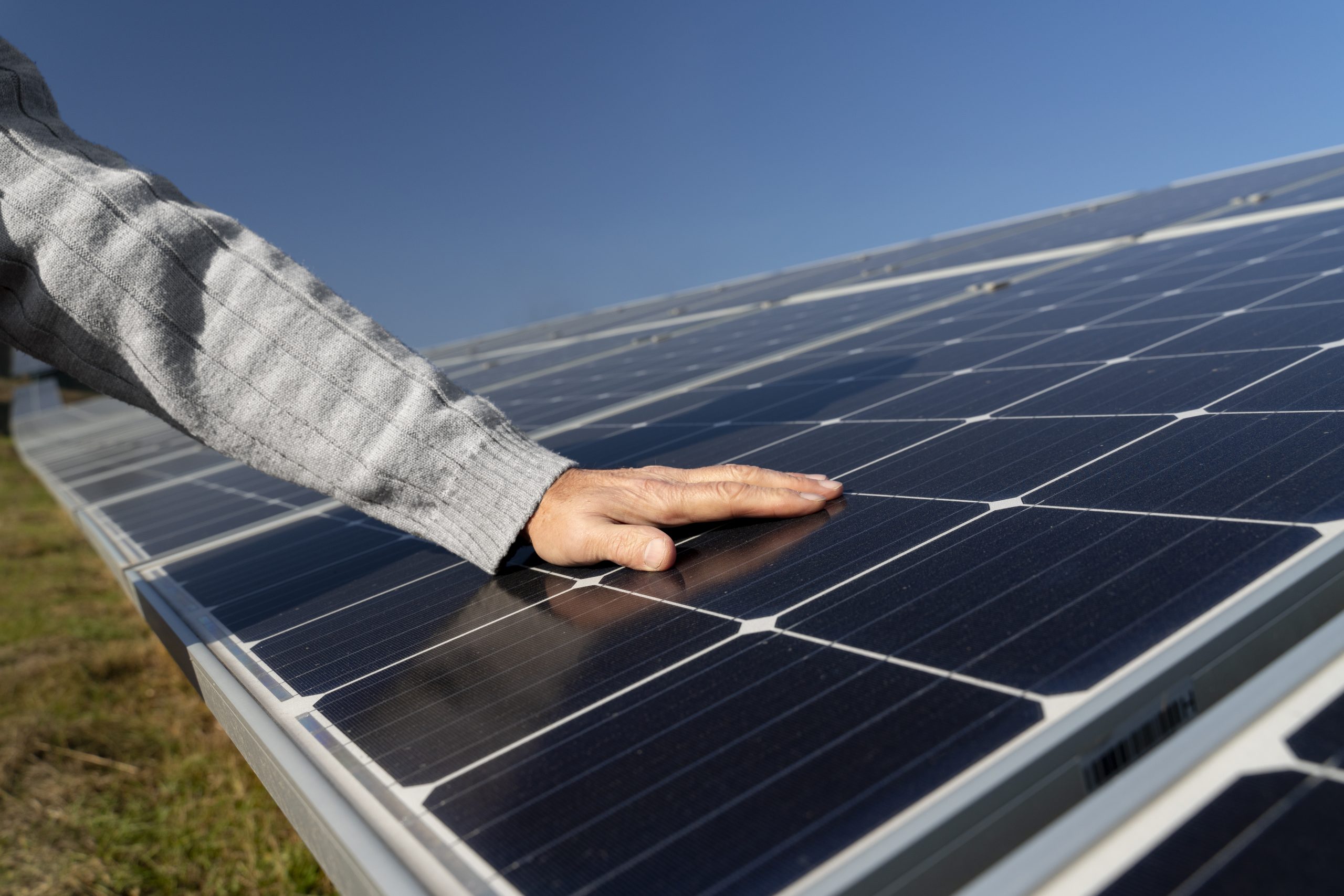


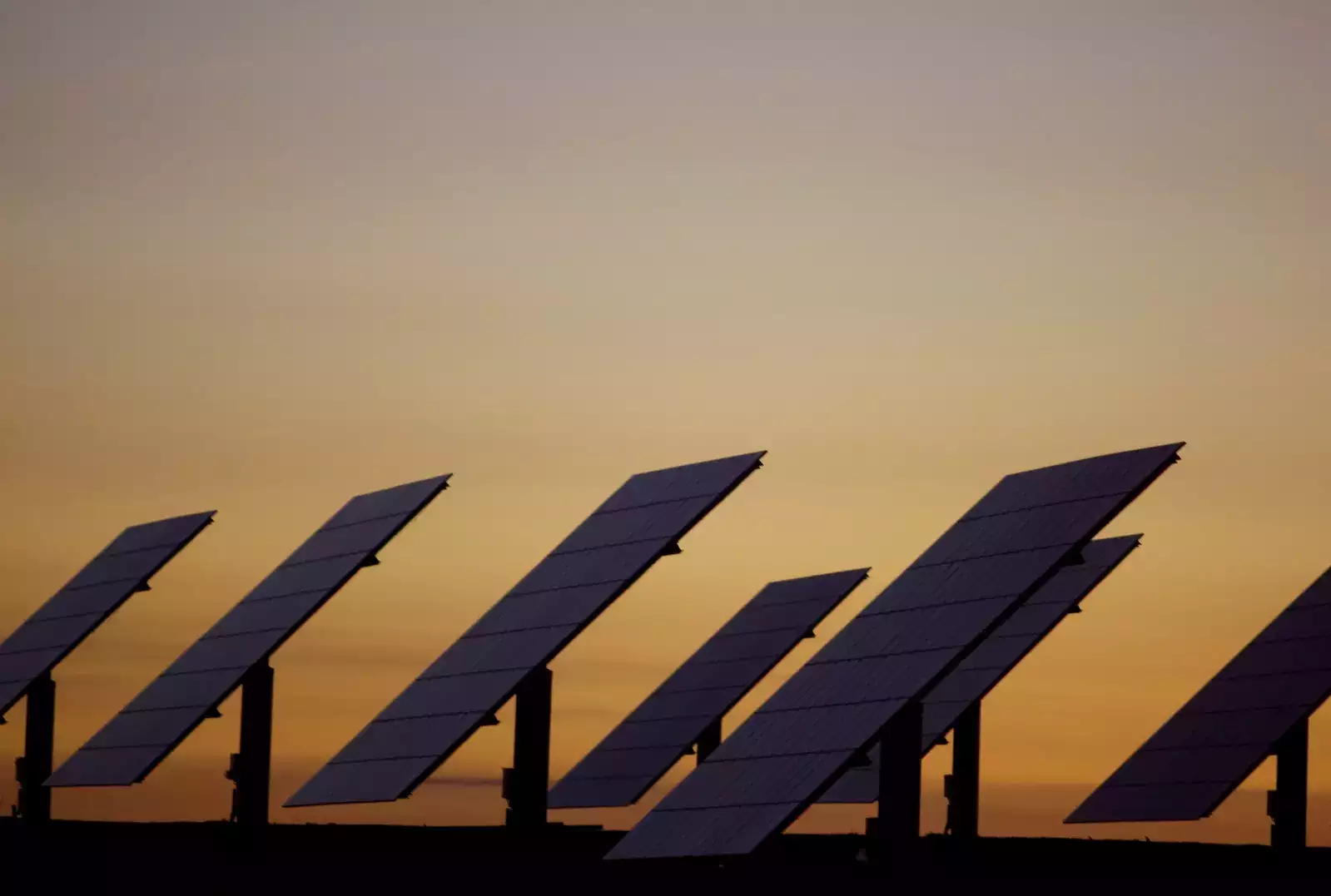
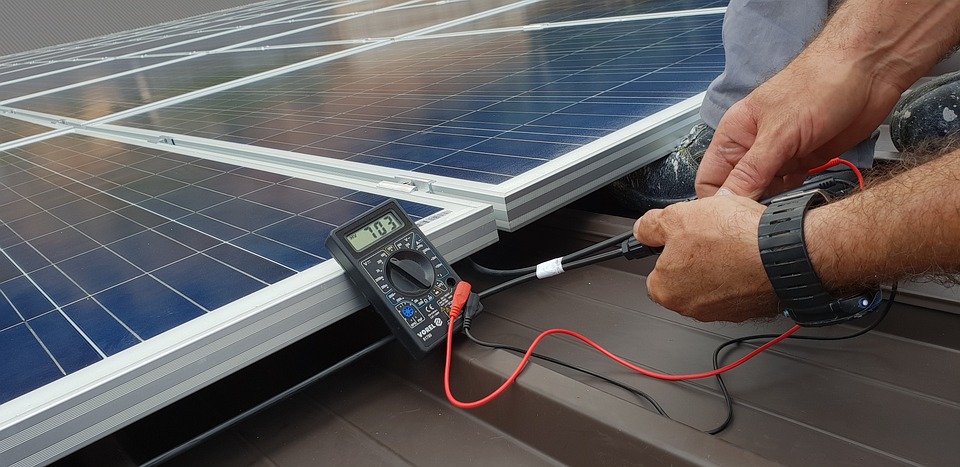
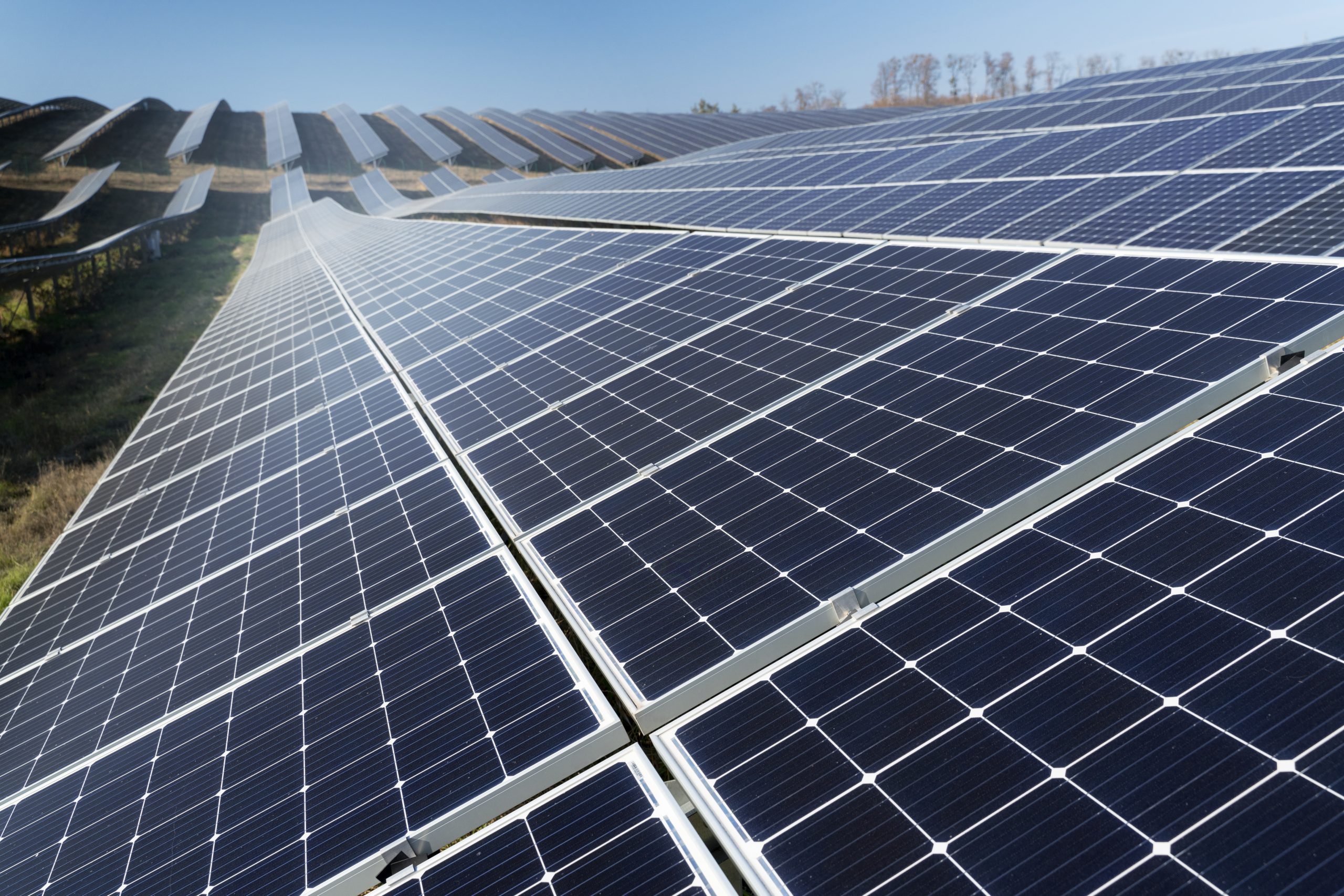
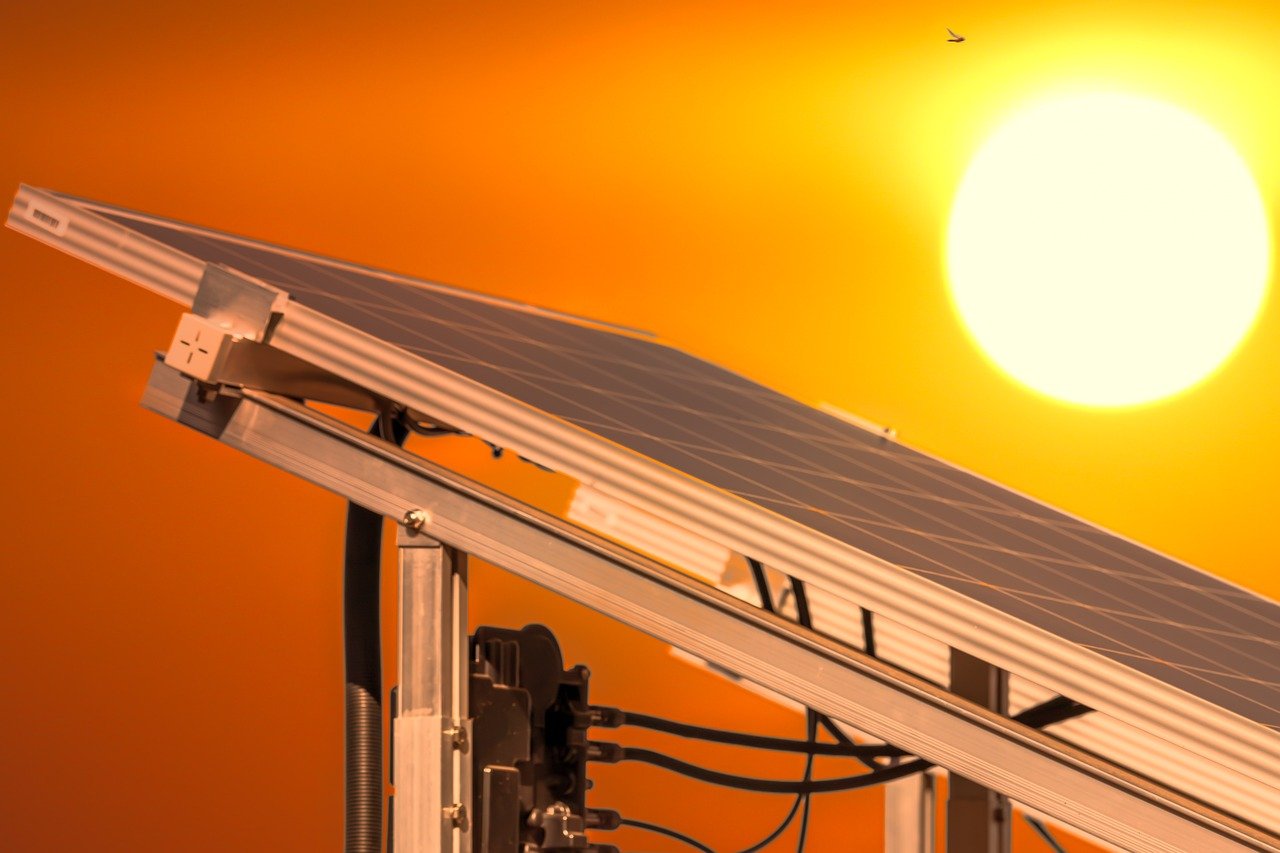
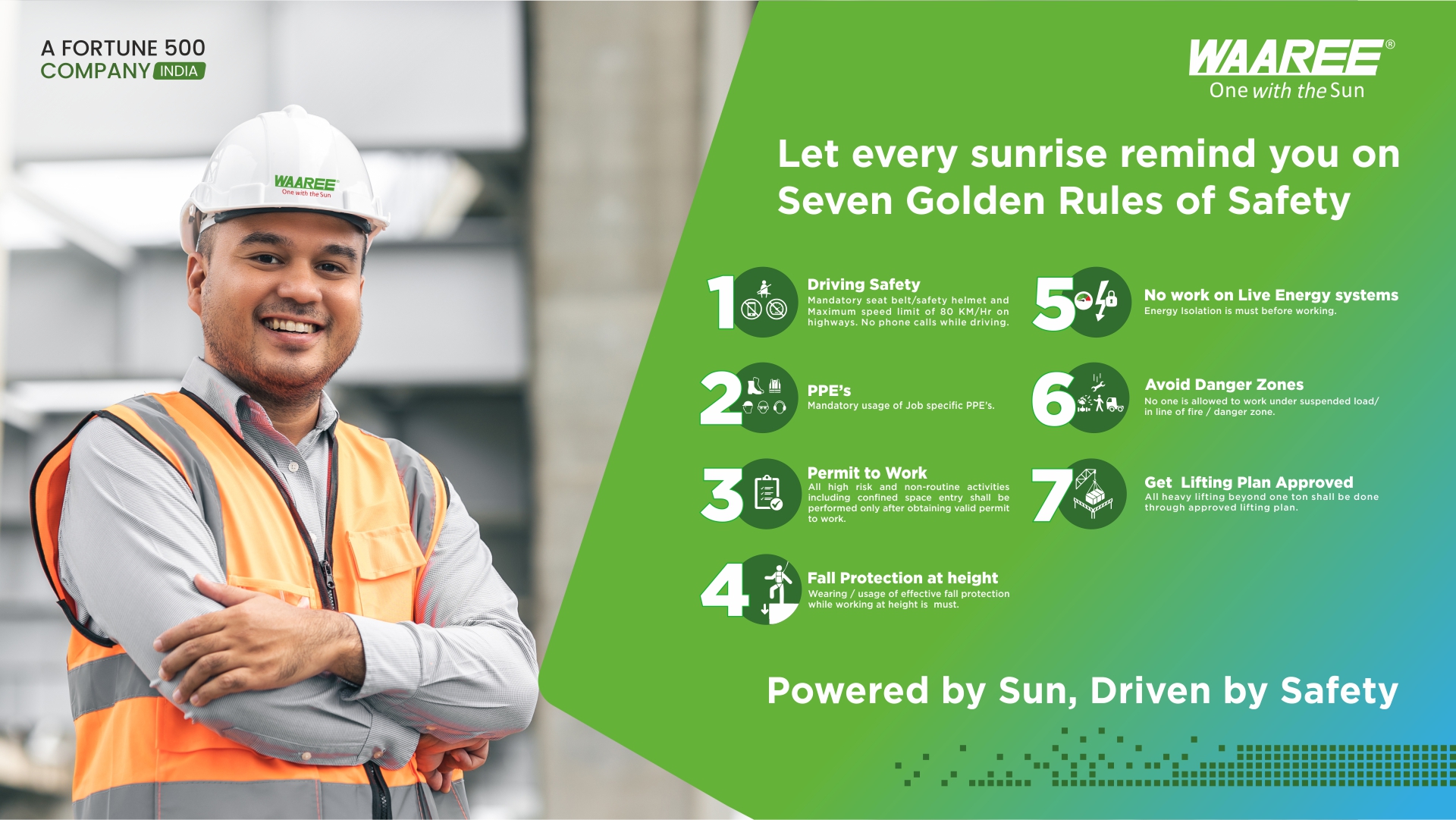
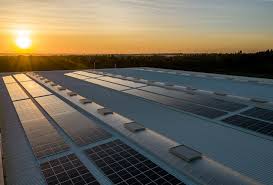
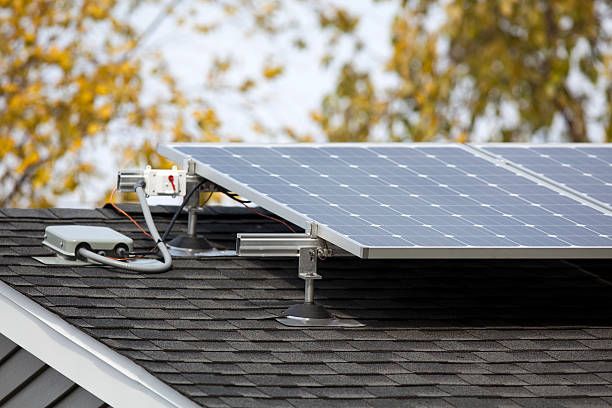
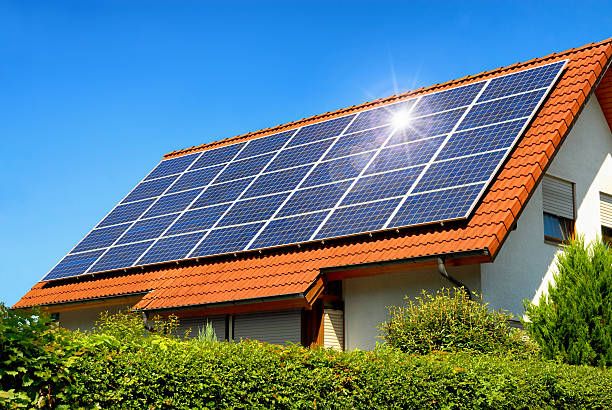
The average lifespan of a solar panel is around 25-30 years. However, it is important to note that the lifespan of a solar panel can vary depending on several factors such as the type of solar panel, the manufacturer, and the environment in which it is installed.
One of the main factors that affect the lifespan of a solar panel is the type of panel. Monocrystalline solar panels typically have a longer lifespan than polycrystalline solar panels. This is because monocrystalline panels are made from a single crystal of silicon, which is a more efficient material than the multiple crystals used in polycrystalline panels.
The manufacturer of the solar panel also plays a role in determining its lifespan. Solar panels from reputable manufacturers are typically built to last longer and are more durable than those from less reputable manufacturers. It is important to research the manufacturer before purchasing a solar panel to ensure that you are getting a quality product.
It is also possible to affect the solar panel's lifespan by the environment in which it is installed. Solar panels that are installed in areas with extreme temperatures, high winds, or heavy rain will have a shorter lifespan than those installed in more moderate climates. Additionally, solar panels that are installed in areas with high levels of air pollution will also have a shorter lifespan than those installed in cleaner environments.
Overall, the average lifespan of a solar panel is around 25-30 years. However, it is important to note that this can vary depending on the type of panel, the manufacturer, and the environment in which it is installed. Regular maintenance and cleaning can also help to extend the lifespan of a solar panel.
Read Further: Is it true that the life of Solar Panel is 25 years?
Calculating the reliability of solar panels is an important step in determining the overall efficiency and effectiveness of a solar energy system. There are several factors that can impact the reliability of solar panels, including the quality of the materials used, the manufacturing process, and the environment in which the panels will be installed.
One of the first steps in calculating solar panel reliability is to determine the quality of the materials used in the panel. This includes the type of solar cells used, the type of encapsulant used to protect the cells, and the type of frame used to hold the panel together. High-quality materials will generally be more reliable and have a longer lifespan than lower quality materials.
Another important factor to consider is the manufacturing process used to create the solar panels. This includes the quality control measures in place, the level of automation used, and the experience and expertise of the manufacturing team. Panels that are manufactured using high-quality processes and equipment will generally be more reliable than those that are produced using lower quality processes.
The environment in which the solar panels will be installed is also an important factor to consider when calculating reliability. Panels that are installed in areas with high levels of heat, humidity, and UV radiation will generally be less reliable than those that are installed in cooler, drier environments. The solar panels that will be exposed to extreme weather conditions, such as high winds and heavy snow, will also be less reliable than those that are installed in milder climates.
To calculate the overall reliability of a solar panel, it is important to consider all of these factors and to conduct regular inspections and maintenance to ensure that the panels are operating at optimal efficiency. This may include cleaning the panels, checking for damage or wear, and adjusting the angle of the panels to ensure optimal exposure to the sun.
Reliability of solar panels is an important factor to consider when evaluating and selecting solar panels for a particular application. The reliability of a solar panel refers to its ability to perform as expected over a period of time, and it is typically measured in terms of the panel's power output and its ability to resist damage or degradation due to environmental factors such as heat, humidity, and exposure to sunlight.
One commonly used formula for measuring the reliability of solar panels is the power output ratio (POR). The POR is calculated by dividing the actual power output of the panel by its rated power output. For example, if a panel is rated to produce 100 watts of power and it actually produces 95 watts of power, its POR would be 0.95. This formula can be used to compare the performance of different solar panels and to determine which panel is most reliable.
Another important factor in determining the reliability of solar panels is the panel's ability to resist damage and degradation due to environmental factors. This is typically measured in terms of the panel's temperature coefficient, which is the rate at which the panel's power output decreases as its temperature increases. Panels with a lower temperature coefficient are generally considered to be more reliable as they are less affected by changes in temperature.
Read More Information: How Reliable a Solar PV Module is?
Additionally, the panel's tolerance to environmental factors such as humidity, dust, and exposure to sunlight should also be considered. Panels that are rated to be more resistant to these factors are considered to be more reliable.
In summary, the reliability of solar panels can be measured by a combination of factors such as the panel's power output ratio, temperature coefficient, and tolerance to environmental factors. It is important to consider these factors when evaluating and selecting solar panels for a particular application to ensure that the panels will perform as expected and provide a reliable source of power over time.
Selecting the right solar panel for your home or business can be a complex process, as there are many factors to consider. Here are some key points to help you choose the best solar panel for your needs:
In summary, when selecting a solar panel, consider the power output, efficiency, size, brand and warranty, cost, and certifications. Take the time to research different options and choose a solar panel that meets your needs and budget. With the right solar panel, you can enjoy clean and renewable energy for many years to come.
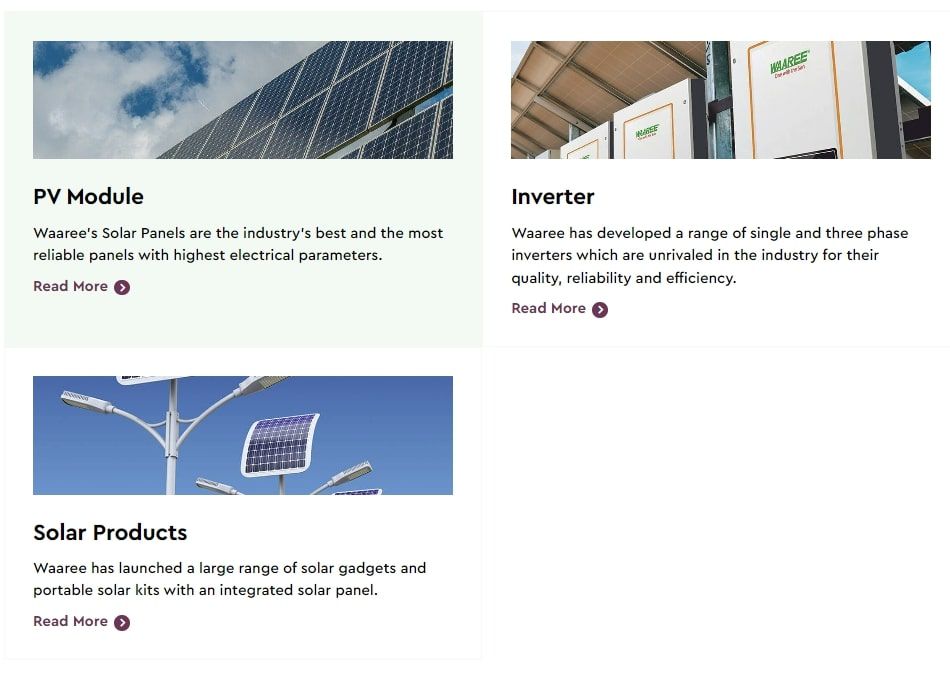
Waaree Energies Ltd. is the flagship company of the Waaree Group, which was founded in 1989 in Mumbai, India. It has the largest solar panel manufacturing capacity in India, with 5GW capacity at its Gujarat plants in Surat and Umbergaon. Waaree Energies is a leading manufacturer of solar panels, EPC services, project development, rooftop solutions, and solar water pumps in India, as well as an independent power producer. Waaree has a presence in over 380 locations across the country and in 20 countries around the world. Contact us at 18002121321 or email us at waaree@waaree.com to start your cleaner journey.